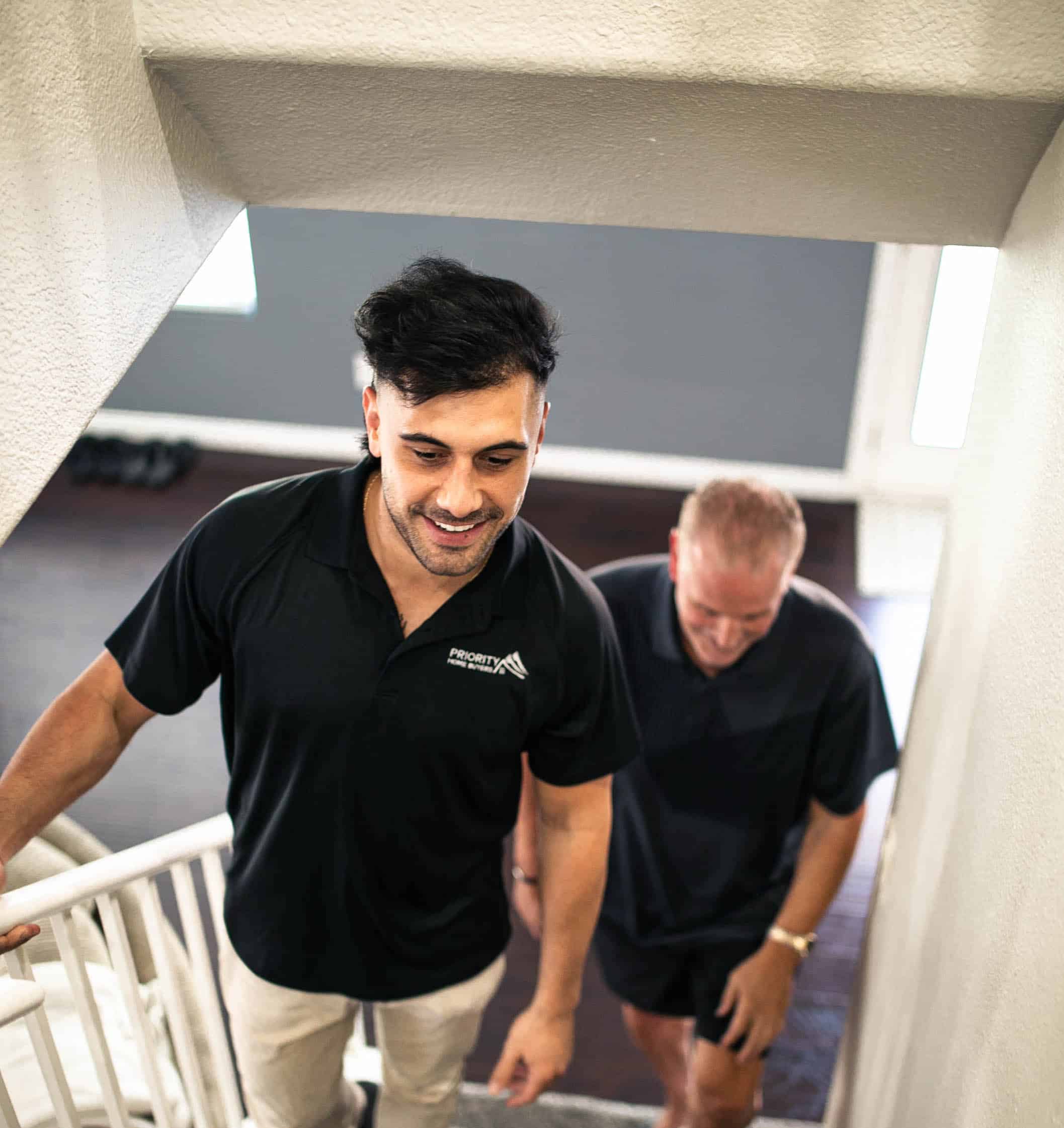Adverse Possession Laws in Connecticut
In Connecticut, if you camp out in a place for 15 years straight, you might just end up owning it – that’s called adverse possession.
Now, when we talk about “squatting,” we often imagine folks illegally taking over someone else’s home, usually linked to shady stuff like trespassing. But guess what? Squatting can actually be legit in many cases in the US.
Squatting is basically when you crash in an abandoned or foreclosed spot without the owner’s permission. And, just like how every state has its own flavor of landlord-tenant laws, they’ve also got their own rules for dealing with squatters.
So, if you’re a property owner, it’s a smart move to get clued in on your state’s squatter laws to keep your place safe from any adverse possession claims.
Learn more about Squatters Rights as a whole in the US here.
Who Counts as a Squatter in Connecticut?
These are folks who decide to set up shop in an unused, abandoned, or foreclosed property without the owner’s green light. They essentially take up residence without the official stamp of approval from the rightful property owner. But here’s where it gets interesting: if they do this for a good 15 years, they might just gain some rights to that property.
Now, squatter’s rights have been a thing in the US since the 1850s. It’s a way of distinguishing between legal squatting and more illegal activities, like your classic criminal trespassing.
Squatting vs. Trespassing vs. Holdover Tenants
Alright, let’s clear up some differences here. What makes squatting different from trespassing? Well, it comes down to whether or not the property is already occupied and whether the person on that property knows they’re not exactly welcome.

Trespassing? Yeah, that’s a criminal offense. But squatters, they’ve got some legal rights that usually turn squatting cases into civil matters. The twist here is that squatters only become trespassers if the property owner has explicitly told them, “You’re not welcome here.”
Now, holdover tenants? They’re a different breed. These folks had a lease agreement with the property owner and somehow stuck around after their lease expired. In most cases, that’s considered trespassing, unless the landlord is okay with it and keeps taking their rent money. In that scenario, they become what’s known as a “tenant at will.”
Does Connecticut Honor Color of Title Claims?
Now, let us delve into a topic known as “color of title” claims within the context of Connecticut. Color of title represents a document that ostensibly asserts your ownership of a parcel of land or property, even if its validity is not entirely impeccable. Think of it as possessing a meticulously crafted deed that harbors underlying imperfections.
In the realm of adverse possession, it’s important to note that you can introduce a color of title claim into the equation solely subsequent to the successful completion of an adverse possession claim. Without the inclusion of this color of title component, your acquisition of rights might be confined to specific portions of the property upon which you have established your presence.
Connecticut’s Adverse Possession Laws Unveiled
 Alright, let’s dive into the world of adverse possession laws in Connecticut. Now, adverse possession is basically a fancy way of saying you can legally claim someone else’s property if you’ve been squatting there for a solid 15 years. But there’s a catch—you’ve got to prove that you’ve been continuously, openly, exclusively, and actually living on that property.
Alright, let’s dive into the world of adverse possession laws in Connecticut. Now, adverse possession is basically a fancy way of saying you can legally claim someone else’s property if you’ve been squatting there for a solid 15 years. But there’s a catch—you’ve got to prove that you’ve been continuously, openly, exclusively, and actually living on that property.
Hold on, what do all those terms even mean, and how do you prove them? Let’s break it down:
Continuous Possession: To make an adverse possession claim, you’ve got to have been living on and taking care of the place for a continuous stretch of time. In Connecticut, that magic number is 15 years. But in some special cases, like if the landowner has some legal issues, it might stretch to 20 years or even longer. Oh, and there are some places—think railroads, railways, and non-profit-owned land—that you can never claim through adverse possession, no matter how long you’ve camped out there.
Exclusive Possession: This one’s simple. You’ve got to be the only boss on the property. If you’re sharing it with a whole squad, forget about adverse possession—you’ve got to prove it’s all yours.
Actual Possession: Actual possession means you’ve physically been there, living it up on that property for at least 15 years. You can prove this by showing some good old-fashioned property maintenance, home improvement projects, or other signs that you’ve been calling it home.
Open Possession: Think of open possession as the visibility factor. Anyone passing by should be able to tell that someone’s been taking care of the place. You can’t just hide out and hope to claim adverse possession. Nope, you’ve got to let the world see what you’re up to.
Hostile Possession: Don’t let the word “hostile” fool you. It doesn’t mean you’ve got to start a property war. In adverse possession lingo, it just means you’re occupying the place without getting a nod from the owner. It covers situations where you know it’s not yours or even those “innocent” cases where you didn’t realize you were squatting illegally.
Frequently Asked Questions
Do Squatters have to pay property taxes?
No, if someone has stuck around and looked after a place for at least 15 years, they could actually snag ownership through adverse possession, taxes or no taxes.
Is Squatting in a home illegal in Connecticut?
Squatting might seem against the law, but it usually falls under civil court matters, not criminal offenses, even though individual squatters do have some legal protections.
Conclusion
So, to wrap it up for you, in Connecticut, they don’t really buy into this whole “Squatter’s Rights” thing as a legit concept. But, there’s this thing called adverse possession that you should know about. Basically, if you hang out on a piece of land openly and obviously for the right amount of time according to the state’s rules, you might actually end up with legal rights to it.
For homeowners, it’s super important to get the lowdown on Connecticut’s adverse possession laws because if you mess it up, you could land in some serious legal hot water. So, it’s definitely worth doing your homework and understanding all the ins and outs of adverse possession.




